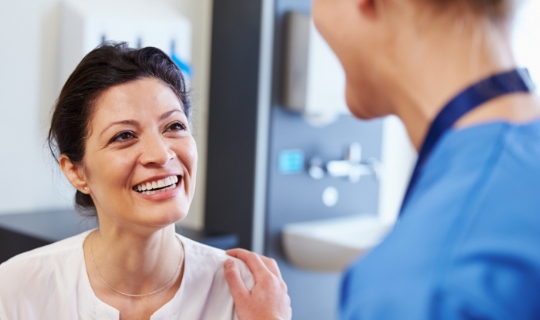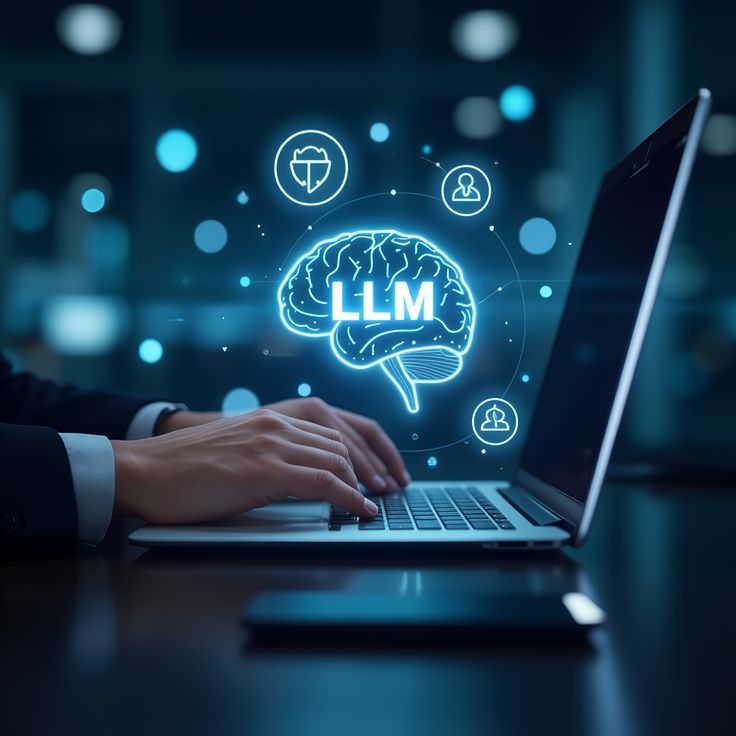Quality Engineering
WEARABLES TESTING SERVICES
- Rapinno has tested and accelerated the time-to-market of some of the most demanding device and application use cases in wearables space. We have the expertise, resources, and tools to get your innovations to market faster and with higher quality and performance
the challenge
Wearables Tech Challenges for QA & Testing Teams
Companies are racing to deploy new digital apps and services on wearable devices for healthcare and fitness use cases.
The opportunities are endless, as are the technological challenges. Wearables have to pack a lot of functionality into a constrained space creating big testing obstacles. When developing new wearable device hardware with limited battery life and minimal connectivity, or apps that run on the smallest screens, it becomes very difficult to understand how they will perform in real-life scenarios.
What we do
Wearables Testing Services with the Latest Digital Technologies
Rapinno helps companies get their wearable devices, applications, and ideas to market faster, with more features and less risk from front-end to back-end and everything in between.
Our Wearable testing services ensure that wearables products are safe, secure, and compliant with relevant regulation in different jurisdictions. We support manufacturers of Consumer and Healthcare wearable devices with a personalized one-stop solution to fit all their requirements and market standards.
We envision, plan, and execute comprehensive QA and testing on wearable applications, devices, physical property sensors, biosensors, and connectivity that, in some cases, have never been tested before.
Our Offerings
End-to-end Wearables testing Services
Some of these include:
Manual & Automated Testing
- Firmware
- Middleware
- Mobile applications
- Wireless Connectivity (BLE Wi-fi, Zigbee)
- End-to-end cloud testing with native-public cloud tools
Device-Specific
Wearable Testing
- End-to-end firmware testing
- Device simulation
- Data comprehensiveness and accuracy testing
- Interruption testing
Human Subject
Validation
- FP-based subject identification
- Ground truth validation
- Protocol execution
- Defect and issues identification
- Data collection
- Reporting
Ground Truth Validation for Sensors to Ensure Sensor Algorithms
- Gold-standard benchmarking
- Real-life scenarios and gap analysis
- Industry-based sensors (sports, health, home, etc.)
- Lab-based testing with real-life conditions
THE OUTCOMES WE DELIVER
ENABLING BUSINESSES TO TAKE FULL ADVANTAGE OF THE CLOUD
Rapinno Cloud Strategy services deliver significant business advantages:
Sustainable Growth
By developing transformational roadmaps to meet each client’s unique business ambitions. These roadmaps deliver full-stack cloud services — Edge to cloud to enable strategic, high-impact progress
Faster Time-to-Value
With scalable, cloud-first, future-ready platforms powered by proven accelerators and digital assets
Reduced TCO
As a result of frictionless migration of applications to public and hybrid clouds through a factory-model approach
key
partnerships

why Rapinno
Delivery &
IoT readiness
R&D
Expertise
The Ability to Incorporate All the
Elements of Your Wearable Offering
Proven
Test Frameworks
A Dedicated
Wearables Testing Lab
Ground Truth Validation
to Ensure Sensor
Algorithm Accuracy
Wearable
Biosensor Testing
FAQ’s – Wearables Devices
A smart wearable device refers to any electronic gadget that can be comfortably worn on the body, often equipped with sensors and connectivity features to collect and exchange data with other devices or networks. These devices typically enhance user experiences by providing real-time information, tracking health metrics, facilitating communication, and offering various functionalities tailored to the user’s needs and preferences.
The most commonly used wearable devices vary depending on factors such as market trends and technological advancements. However, as of recent assessments, the top four most used wearable devices include:
- Smartwatches: Combining the functionality of traditional timepieces with advanced features like fitness tracking, notifications, and app integrations.
- Fitness Trackers: Specifically designed to monitor physical activity, sleep patterns, and health metrics such as heart rate and calorie expenditure.
- Smart Glasses: Augmented reality (AR) glasses that overlay digital information onto the user’s field of view, offering applications in navigation, hands-free communication, and industrial use cases.
- Health Monitoring Devices: Including wearable ECG monitors, blood glucose trackers, and continuous glucose monitoring systems (CGMs), which provide valuable insights for managing chronic conditions and promoting overall well-being.
An exemplary illustration of wearable technology is the smartwatch. Smartwatches integrate features such as fitness tracking, GPS navigation, notification alerts, and even mobile payment capabilities into a compact and stylish wearable device. With the ability to sync seamlessly with smartphones and other devices, smartwatches have become an indispensable companion for modern lifestyles, offering convenience, connectivity, and personalized experiences on the go.
Smart wearable devices play a pivotal role in revolutionizing healthcare by empowering individuals to monitor and manage their health proactively. Given below are some points that talk about the significance of smart wearables.
- Enable Continuous Monitoring: Smart wearables can track vital signs, activity levels, and even detect anomalies in real-time, providing early warning signs for potential health issues.
- Facilitate Remote Patient Monitoring: Patients can transmit health data to healthcare providers from the comfort of their homes, enabling timely interventions, reducing hospital visits, and improving overall care outcomes.
- Foster Health Awareness and Engagement: By offering personalized insights and feedback, wearable devices motivate users to adopt healthier lifestyles, adhere to treatment plans, and make informed decisions about their well-being.
- Drive Innovations in Medical Research: Aggregated data from wearable devices contribute to population health studies, clinical trials, and epidemiological research, facilitating the development of new treatments, preventive strategies, and healthcare technologies.
Rapinno's wearable testing services – Case Studies and Fact Sheets
From Our Wearables Testing Customers
Through our partnership with Rapinno, we have been able to achieve many goals. One is to get our platform built with speed by helping our engineering teams and then we have also achieved our infrastructure goals of ISO certifications. Rapinno team is helping us deploy the platform even faster from two or three times per week to five or six times a week.
Mark Fleishman
VP of Infrastructure and Operations, Paige

Their (Rapinno) attention to detail and continued focus on CD Valet has kind of proved that we made the right decision and we have expanded from one team to multiple teams. We are surveying about 31,000 CD rates on a weekly basis and Rapinno plays a very important part in that process.

“Rapinno has demonstrated experience across the mobile application lifecycle…and deep
expertise in the technologies that support our mobile product development.”

“Rapinno has pioneered all the aspects of providing excellent quality for our products. They have adapted our development environment to a custom Agile testing methodology that has allowed us to quickly build and market our products.”
Pamela Thomas
Director of Digital Quality
“I would use three words to describe Rapinno– responsive,
flexible and engaged.”
Stephen Landry
COO and Global Head of Technology










